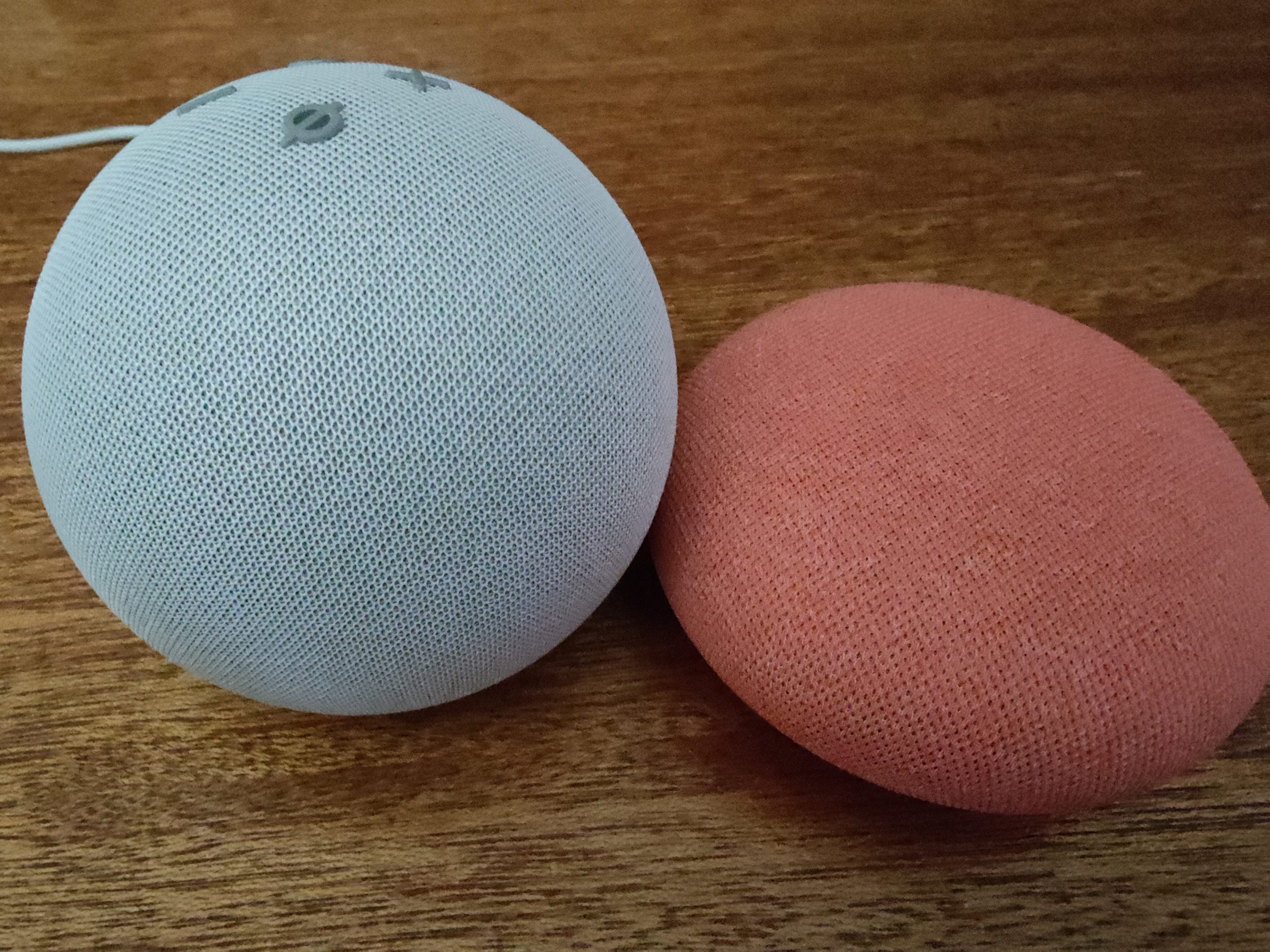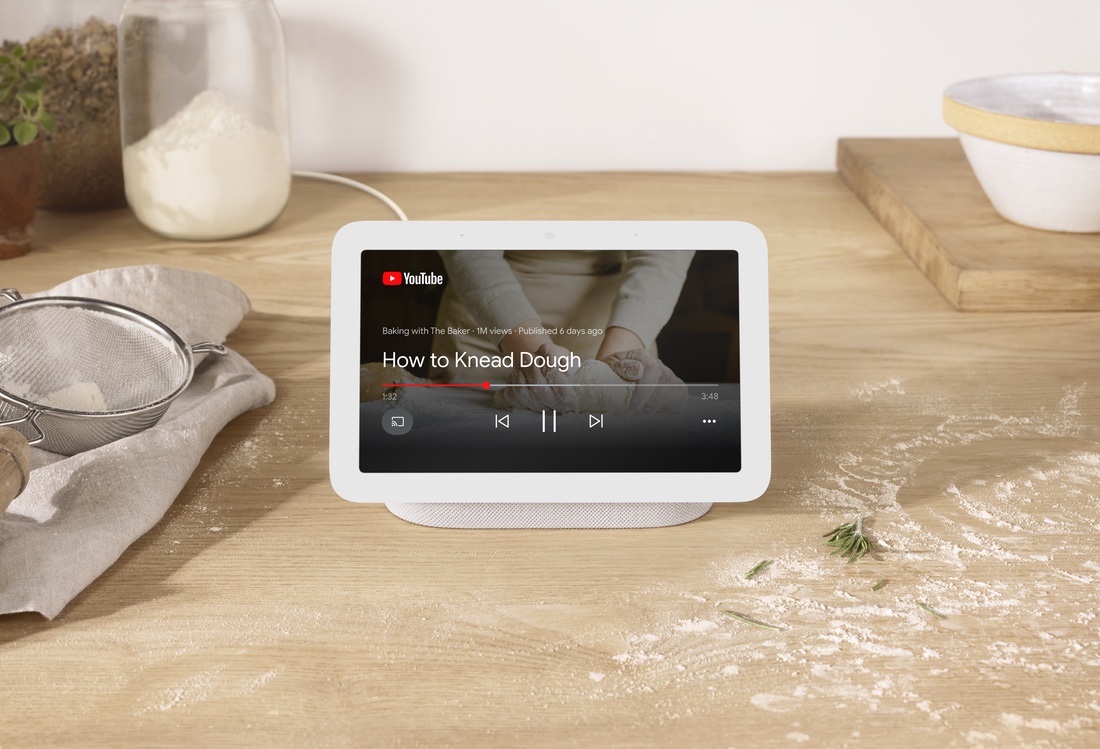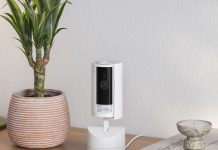Welcome to week two of our Alexa vs Assitant series and since last week, we’ve delved deeper into the similar, but contrasting worlds. This week we’ve taken a focus on the day to day uses of the two platforms. Things like streaming media, routines and questions that you’re likely to ask regularly to your devices.
Streaming Media – Strengths and Weaknesses
So it shouldn’t surprise anyone that Google Assistant based devices and Alexa devices have their strengths and weaknesses. In the case of streaming media, they are generally on a roughly level playing field but for one difference: Casting media where for a few moments we’ll need to focus on the hardware, including touchscreen options for both platforms.
Video streaming services I regularly use would be Netflix, YouTube and Kayo Sports. When it comes to Netflix they both have native options, but the Echo menu system is a lot better to navigate.
I love watching sports and found that there isn’t a way to cast a stream from my phone to the Echo screens, something I do regularly. I tried using the built-in browser on the Echo Show 10 but unfortunately, it was a bit too much for the device and led to a catastrophic crash that required me to reboot it.
This is also where Google Cast really does leap forward for regular users of compatible apps, so there is a definite need to evaluate what apps you’ll want to use on your touchscreen smart devices before diving in financially to set up your home.
But when it comes to streaming music, I feel like the tables turn quickly in favour of the array of Echo devices. Not because there’s more of them, but because from a direct affordability perspective, you’ll get a better audio experience and this is pretty much across the “directly comparable” devices.
The disparate nature of the sound was pretty evident in the Echo Show 10 review where we mentioned that it’s essentially an Echo Studio with a screen attached. In stark contrast, the Nest Home Hub seems to be more of a screen with a speaker thrown in. Side by side, every single Echo vs Google speaker comparison comes out in favour of the Echo with cleaner mids, crisper highs and actual bass. If you’re looking for an affordable smart speaker with the primary intent of streaming music, based on this alone: Alexa would seem to be the answer to your needs.
Daily use: Questions and Routines
I use a few routines around the house, nothing hugely exciting or earth-shattering but they get my day going how I want them to. A morning routine to confirm:
- The current time
- The weather currently as well as for the day ahead
- My commute time to work
- My calendar schedule for the day
- News headlines – If the world is ending, I’m not going to work!
Both are very much capable of routines and providing information but a couple of things became evident quickly with daily use. The first is that Google Assistant is far more advanced in terms of general questions about the world around us and has more sources of information. Alexa on the other hand has a lot more personality and some better integrations with a number of services.
That’s not to say that Alexa is bad at everything, in fact, I found the weather on Alexa to be far more descriptive and accurate than Assistant. At one point I asked both of it would rain that day, knowing it was raining outside:
Assistant: It’s possible it may rain today.
Alexa: it’s raining right now and it should stop in around 5 minutes.
A prediction from Alexa that turned it to be remarkably accurate.
Alexa doesn’t have all the answers though
In week 1 of this series, we mentioned that Google has the advantage that they are Google. They have massive information stores, resources accessible to them and an integrated platform to make Assistant as smart as possible. A voice search to Google Assistant (unknown and unseen to the user) calls in all of those resources and returns the best possible answer. This is particularly evident if you’re looking for more obscure information where Assistant will return a definitive answer.
Alexa on the other hand, may — with the exact same question — return responses ranging from not knowing how to help with the query, responses from seemingly random websites or even Wikipedia references. While the responses are quite valid and usually somewhat useful, the inconsistent nature makes me feel like the answers aren’t necessarily fully trustworthy.
When it comes to personality, Alexa is coming out on top
One point that really interests me in the showdown between Alexa and Google Assistant is the personality they present. Both are female voices, both are becoming more conversational with generational evolution, but Alexa feels far more natural at this time. This comes across in responses, Voice inflection and even some of the specific things she says.
Google Assistant still has some clumsy nuances to her speech and responses at times, somewhat regularly hearing things incorrectly or simply ignoring instructions. Sometimes this can be hilarious or inappropriate, but it also reminds you that is not a person you’re talking to which, depending on your perspective, can be any or all of the options below:
- Annoying when it gets requests wrong
- Comforting to know that AI still needs humans for sanity checking (for now?)
- Or perhaps even concerning, that we’re trusting so much of our lives to technology that’s not perfect
But it’s not just about the smart capabilities of the speakers themselves these days, there are integrations to consider. So in the next instalment of the Alexa Vs Assistant showdown, we’re entering what is purported to be the stronghold of Alexa: The Smart Home. We’ll be looking at some strengths and weaknesses of both smart assistants, the pathways for integration and the user experience for both platform holistically, as well as a few specific examples, to illustrate some problems.
What would you like to know about the integration and smart home capabilities of these two before investing in them?










